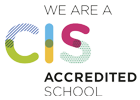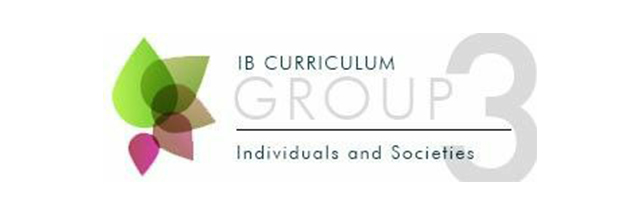IB Individuals and Societies
Studying of these subjects provides for the development of a critical appreciation of human experience and behaviour; the varieties of physical, economic and social environments that people inhabit; and the history of social and cultural institutions.


